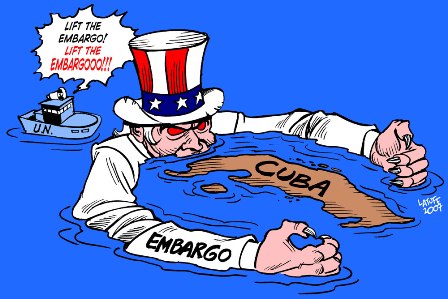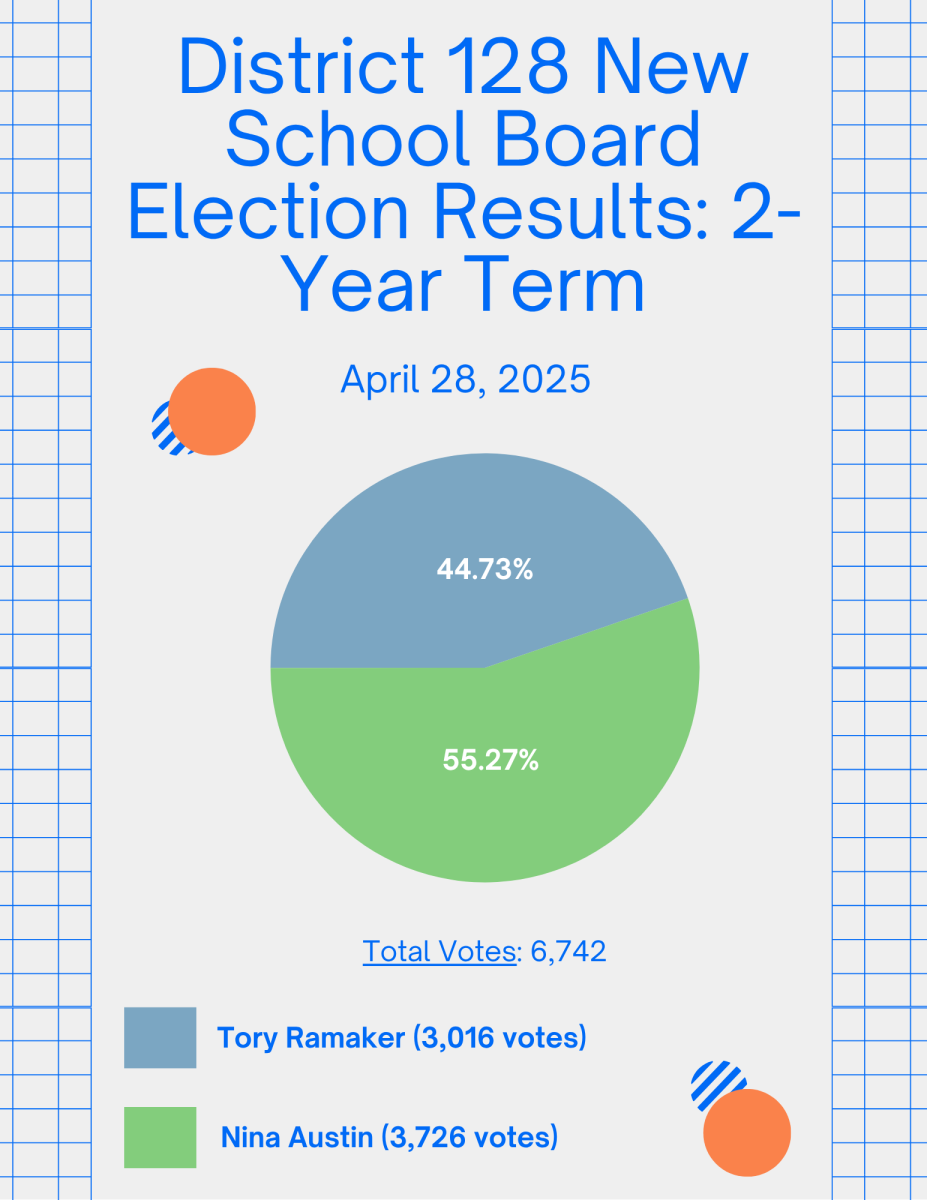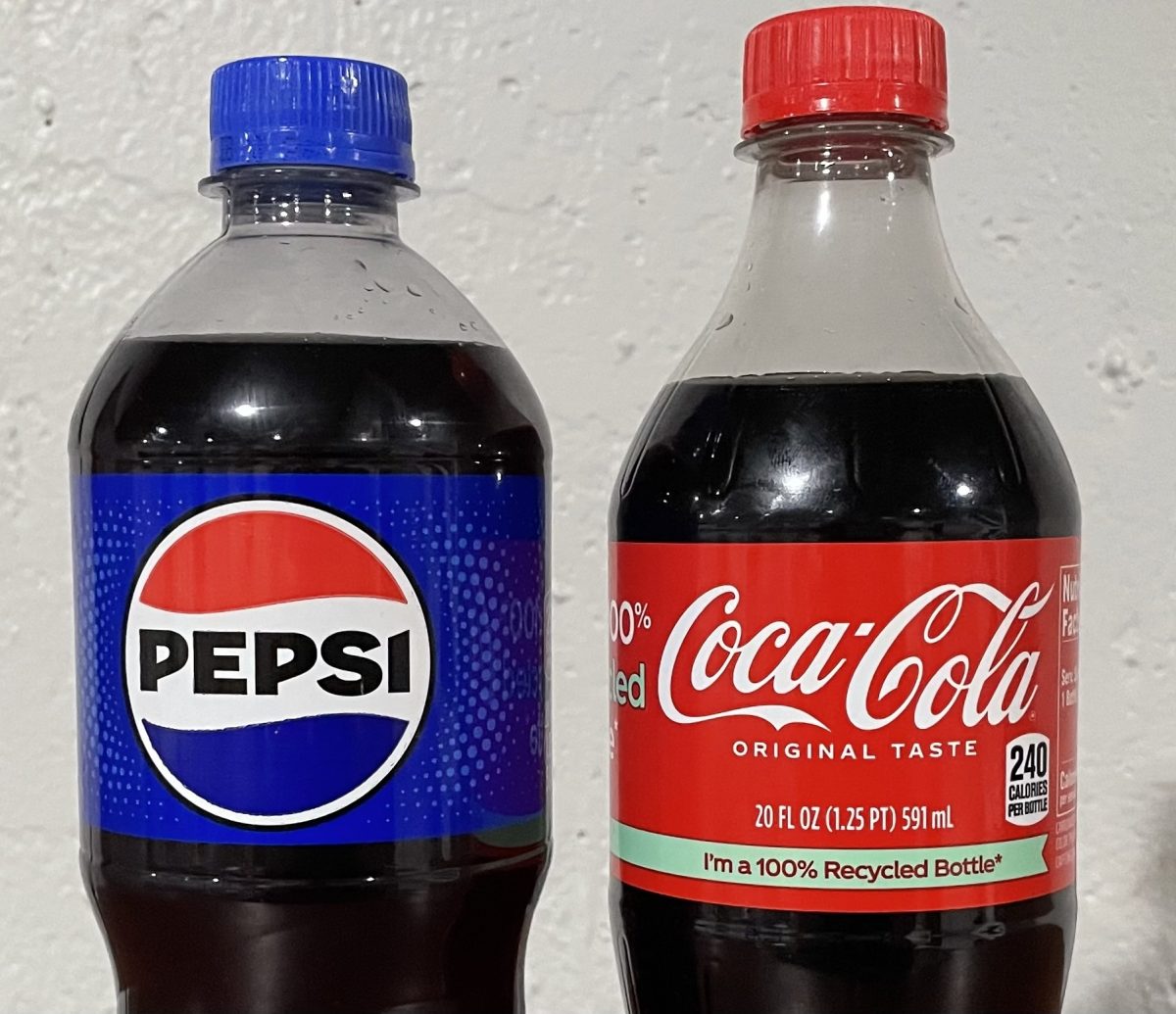
On Dec. 16, the United States and Cuba each returned hostages to their home country, which prompted President Obama’s new attempt to “normalize” relations between the two countries.
If the countries fully normalize relations, there would be everyday interaction between the two. Trade and commerce would be encouraged and travel would be open. However, this is far from the current reality and it will take quite some time to reach this status.
As reported by Alan Gomez and David Jackson of USA Today, Alan Gross and another unnamed man were recently returned to the United States. Gross spent five years in a Cuban prison because he was distributing auditory equipment throughout the island. He was working for the U.S. Agency for International Development. The Associated Press reported that Gross will be paid nearly $3.2 million from the U.S. government as a settlement with his Maryland-based company. The unnamed man was released after 20 years in Cuban prison. He remains unnamed as the White House dubbed him an “intelligence asset” who works for the CIA.
Three Cubans were returned to Cuba after being accused of espionage.
Chris Christie, New Jersey governor and potential 2016 Republican presidential candidate, wants other exchanges to be made before mending the bond between the United States and its southern neighbor. Christie would like President Obama to ask for Joanne Chesimard, who murdered a New Jersey police officer in 1973, to be returned to America, according to USA Today writer David Jackson. Jackson used Christie’s letter to Obama to further explain his point:
“‘Returning Chesimard, convicted of killing a New Jersey state trooper in 1973, would be a sign of good faith on Cuba’s part,’ Christie wrote to Obama.”
Relations between the pair of countries started to get uneasy in the 1960s when Cuba started to follow the Communist ways of the Soviet Union. Incidents like the Bay of Pigs and Cuban Missile Crisis further strained the relationship. A trade embargo was placed on Cuba in 1962 and, under the Helms-Burton Act, was strengthened after two U.S. planes were shot down over Cuba in 1996.
Though President Obama may seek to end the embargo, it will be very difficult as it is Congress’ ultimate decision. The Republican Congress, who took over earlier this month, may not see any reason to engage in commerce with a communist state.
However, should the embargo be lifted, the new relationship between the neighbors has several advantages, yet some disadvantages. Primarily, the United States will have an entire new population with which to trade. Cuba has a virtually untapped population with which to trade; successful trading could add up to some major profits.
“The pros of normalization is trade with 30 million customers,” said LHS social studies teacher Mr. Dennis Duffy. “You have a market of 30 million or so. You can open or expand your own businesses. There will be job opportunities. They are talking 6,000-8,000 jobs in America. The argument also tends to say the free trade tends to lead to freer society. On the flip side, trade with Cuba is going to prop up a brutal dictatorship; it will prop up the Castro regime.”
As the 1962 embargo law sits right now, there are three main caveats that must be filled to lift the embargo.
“The question of presidential authority, if the president acts in his role as chief diplomat, he can only get so far down that road. He can only do so much through executive order. The 1962 embargo was an act of Congress. There are specific conditions within the embargo act which must be met before the lifting of the embargo,” explained Mr. Duffy. “They have not been met. The conditions revolve around giving up communism as a government, respecting human rights of citizens, [and a] free and open economy.”




![Mr. Abullh Ali, manager/assistant, helps open Queen Yemeni Coffee in downtown Libertyville at 606 North Milwaukee Ave. With the help of employees such as manager and LHS senior Yousef Taha, they are able to bring the Yemeni and Ethiopian culture to Libertyville by using their Queen spices, cinnamon and cardamom in their drinks such as Adani Chai, which is inspired by Sheda, the Queen of Yemen and Ethiopia. “The history of our coffee [is] a long history and we believe that Yemen and Ethiopia started the coffee and we are bringing something unique to the community,” Mr. Ali said.](https://www.lhsdoi.com/wp-content/uploads/2025/04/Photo-1-1200x800.jpg)







![Senior River Thompson joins the Jazz Ensemble by singing “That Old Black Magic” by Mercer and Arlen Arr. Mark Taylor, along with senior Annie Brody on guitar and junior Thomas Teixeira on bass, earning big applause. “[The concert had] great energy because it's the last [jazz concert] of the year,” Brody said.](https://www.lhsdoi.com/wp-content/uploads/2025/04/Eight-That-Old-Black-Magic-1200x800.jpg)

